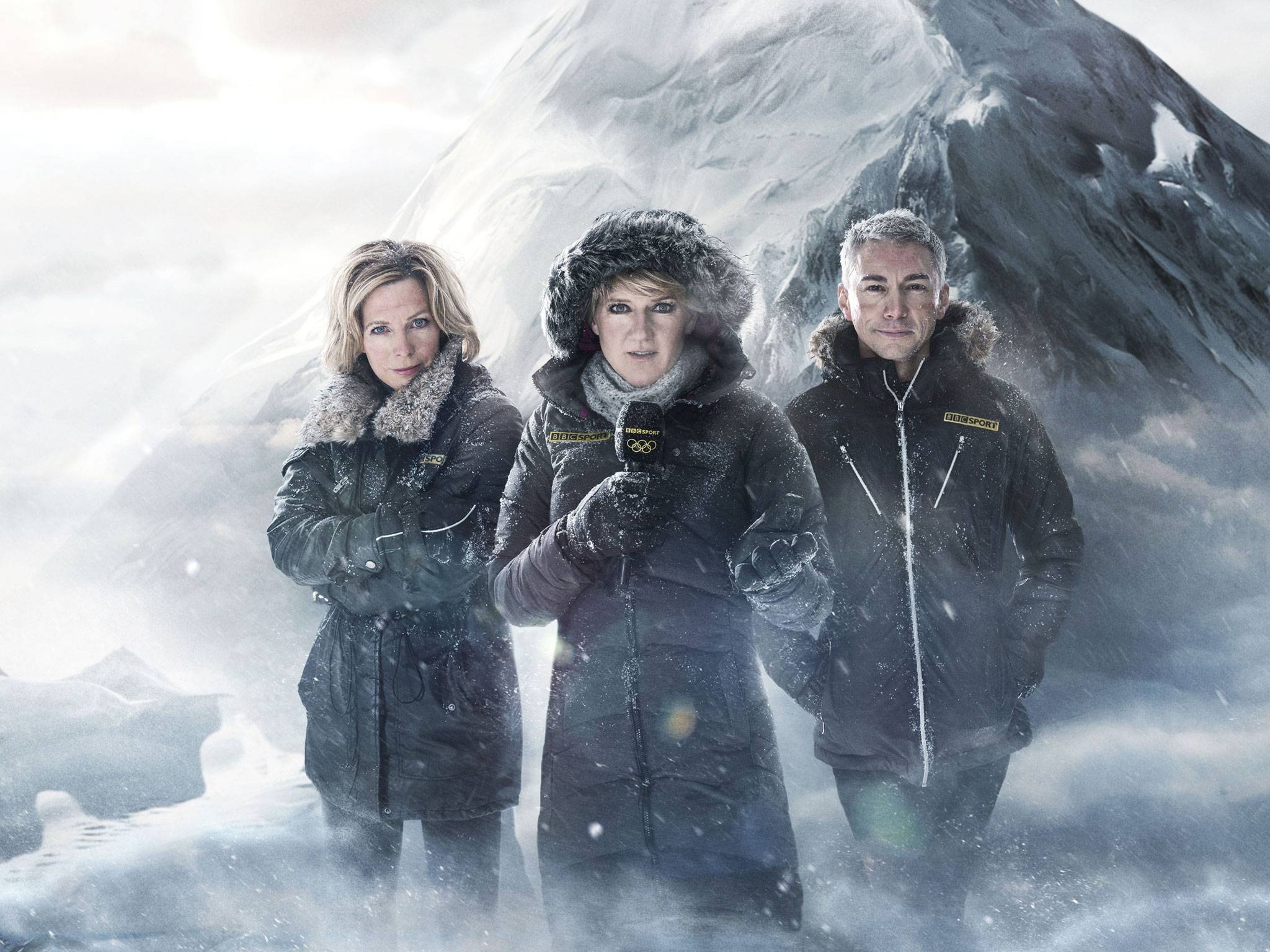 In the midst of the bewilderment of curling complications and skeleton success, the question over whether Britain should be dedicating valuable government funds to obscure winter sports has reared its head once more. Dominic Booth suggests that some sports should take priority.
In the midst of the bewilderment of curling complications and skeleton success, the question over whether Britain should be dedicating valuable government funds to obscure winter sports has reared its head once more. Dominic Booth suggests that some sports should take priority.
Everyone loves an Olympic medal ÔÇô as a nation it seems fitting that the Queen call a national holiday every time a brave Brit defeats the odds to awkwardly shuffle to the top of the podium. In Sochi this time around, skeleton skidder heroine Lizze Yarnold belly slid head first to golden glory and has deservedly taken the plaudits. All credit to her. Britain have also seen success in curling and snowboarding and while it is brilliant to see Team GB extend their summer success to winter sports, I canÔÇÖt help asking myself whether all that government sports funding is worth it. In this day and age where we are recovering from an economic recession and still paying off the debts of London 2012, can we justifiy giving money to such obscure, little-known sports?
Britain has virtually none of the facilities required to host a winter Olympics. No skeleton or bobsleigh track, no natural ski slopes outside of Scotland and no hope in any of the major winter sports such as ice hockey or skiing. If the governmentÔÇÖs funding isnÔÇÖt going towards any of these aspects of the winter games, then where is it going? Where does Lizzie Yarnold train? Somehow, I think it canÔÇÖt be anywhere in Britain. Therefore, she is most likely funding her own training and preparation, which I have no problem with all ÔÇô but the extension of government funds will be meaningless. Athletes who are already committed to a certain discipline will receive sponsors or money from competing to supply their sport.
Of course there is an argument for improving these areas so that Britain can be better represented at the prestigious games, but why be jack of all trades and master of none? Surely sports like football, cricket and cycling which have a far greater number of active participants deserve the majority of government attention. Why canÔÇÖt Britain try to be the best at something? Cycling is a great example of a sport highlighted by the powers-that-be as a potential medal-winning discipline where Britain was well endowed with talented athletes. Chris Hoy, Bradley Wiggins, Vicky Pendleton, Mark Cavendish and Chris Froome all went on to use this funding to their (and BritainÔÇÖs) advantage, winning gold medals and Tour de France titles galore. Is Britain ever going to produce this many world class winter Olympians? IÔÇÖm afraid the answer is simply, no.
This may be a very cynical attitude to take, yet I canÔÇÖt help feeling it is the correct one. While it is true that the British men and womenÔÇÖs curling teams are up with the best in the world and to demand the achievements of Yarnold and her colleagues Amy Williams and Shelley Rudman, all of whom have brought back medals from a winter Olympics in the last three attempts, would be wrong ÔÇô we may have hit a glass ceiling. The United Kingdom just does not have the climate to encourage any sort of mass participation in winter sports. To be exceptional in any of these events involves training or practising abroad, in the Alps or wherever the conditions are most favourable. However, we do have terrain that suits many other sports: athletics, rugby, golf, tennis, football, cricket, cycling, rowing, sailing ÔÇô these are all sports in which Britain could achieve the accolade of being ÔÇ£the bestÔÇØ.
DonÔÇÖt get me wrong, I like winter sports. I have enjoyed the events in Sochi as much as anybody and I hope Britain is represented as future games as much as possible. I just think it is time for the British nation to accept we are a major player in summer sports and we should try and conquer the world, rather than settling for 20th place in the winter Olympics medal table. I extend my congratulations to all the Brits who became Olympians in the last month and I commend their achievements, but at the same time, the government should think very carefully before dishing out its millions.
Dominic Booth





Add Comment